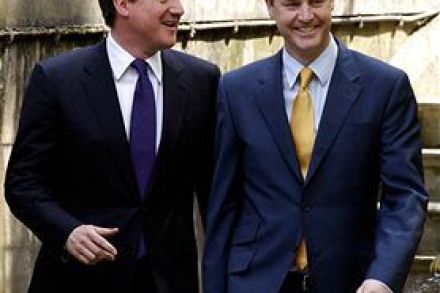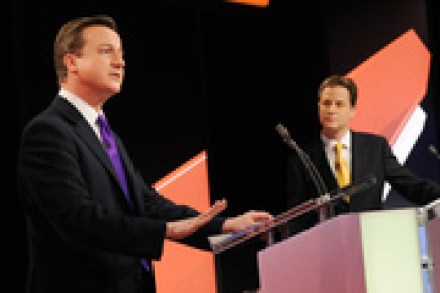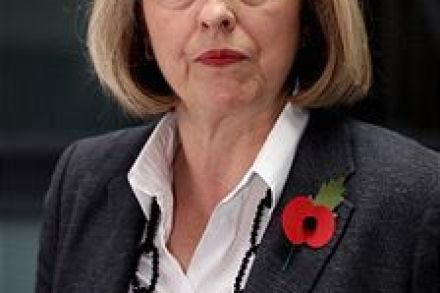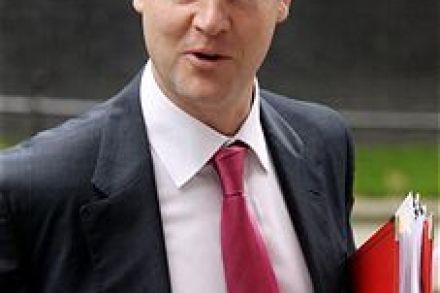Is Euro-pragmatism here to stay?
I’m off to Brussels, capital of the superstate, home of the EUSSR, or whatever you might want to call it. It has made me re-engage with European issues for the first time in six months. If Europe is not dead as a political issue in Britain then it is at least firmly stored in a coalition freezer, which can only be unlocked in the case of a thumping electoral for the Conservatives. But if the Tories scrape in at the next election or come up short of an outright majority, David Cameron is likely to want the Coalition to continue. That would mean another decade of euro-pragmatism. A decade is


















